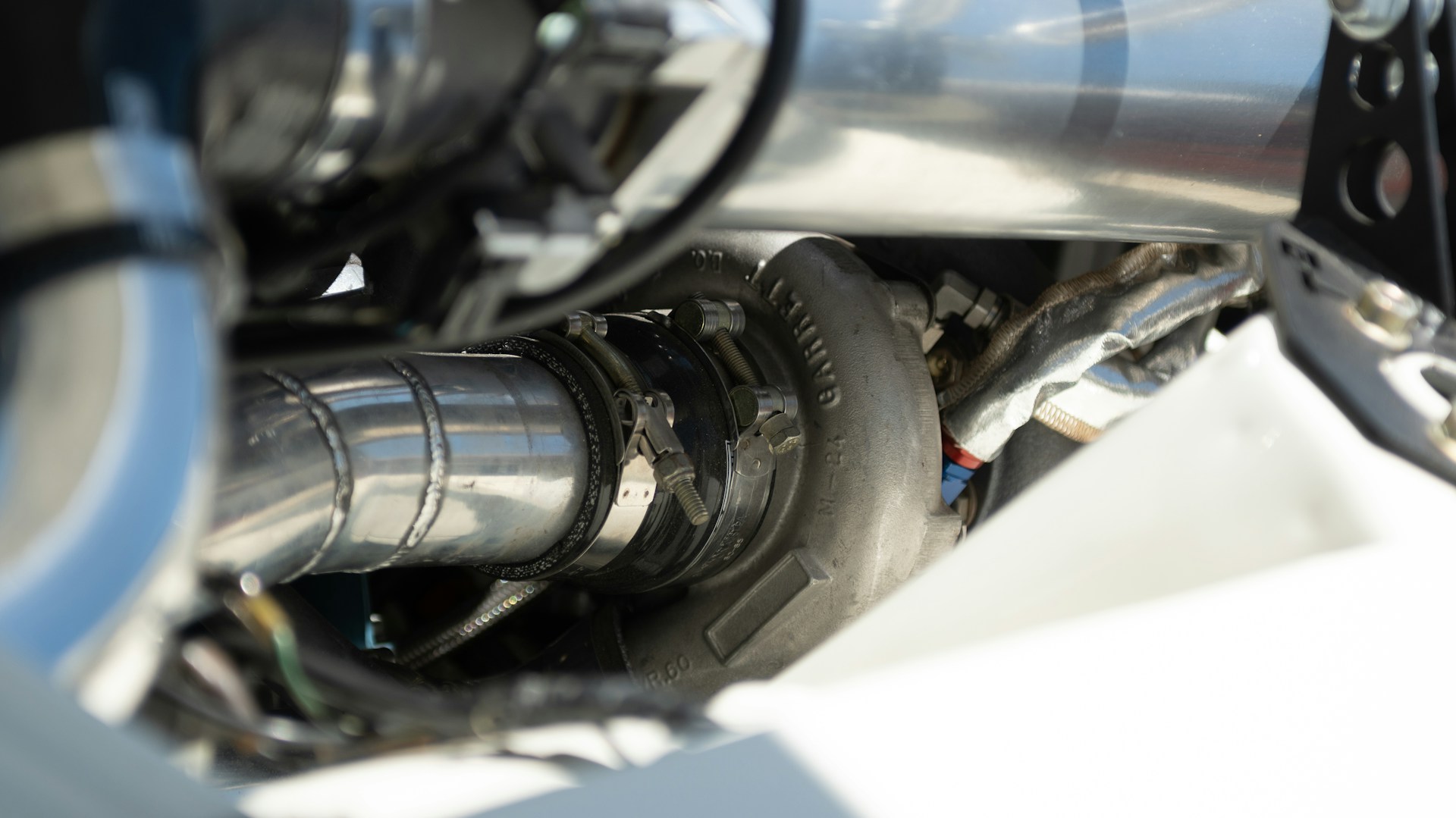Whether you’re a seasoned driver or just starting out on your automotive journey, towing can be a daunting task. Whether you’re hauling a trailer, boat, or any other load, it’s crucial to understand the fundamentals of towing to ensure safety and legal compliance on the road. In this comprehensive guide, we’ll cover everything you need to know as a beginner to towing.
Understanding Towing Capacities
Before you hitch up a trailer or attach any load to your vehicle, it’s essential to understand its towing capacity. Every vehicle has a specified towing capacity set by the manufacturer, which dictates the maximum weight it can safely tow. Exceeding this limit can lead to mechanical failures, accidents, and potentially legal issues.
When determining your vehicle’s towing capacity, consider not only the weight of the trailer or load but also any passengers, cargo, or accessories in your vehicle. Consult your vehicle’s owner’s manual or contact the manufacturer to find the exact towing capacity for your specific make and model.
Choosing the Right Hitch
Selecting the appropriate hitch for your towing needs is crucial for safe and secure towing. There are several types of hitches available, including ball mounts, fifth-wheel hitches, and gooseneck hitches, each designed for different towing applications.
When choosing a hitch, consider factors such as the type of trailer you’ll be towing, its weight, and the towing capacity of your vehicle. Ensure that the hitch is compatible with both your vehicle and the trailer, and always follow the manufacturer’s guidelines for installation and usage.
Proper Trailer Loading
Properly loading your trailer is essential for safe towing and stability on the road. Distribute the weight of the load evenly across the trailer, with heavier items positioned towards the front and lower to the ground. Secure the load with tie-downs or straps to prevent shifting during transit.
Additionally, ensure that the trailer’s tongue weight—the downward force exerted on the hitch—is within the recommended range for your vehicle. Improper tongue weight can cause instability and affect your vehicle’s handling, especially at high speeds or during turns.
Safe Towing Practices
Once you’re on the road, there are several safety precautions to keep in mind while towing:
Maintain a Safe Speed
Always adhere to posted speed limits and drive at a safe and controlled speed, especially when towing. According to the Albuquerque car accident attorney at Davis Kelin, speed is one of the top contributors of car accidents, highlighting the significance of maintaining safe speeds. Keep in mind that towing adds additional weight and length to your vehicle, which can affect braking distance and maneuverability. On some highways, towing vehicles may have a reduced speed limit compared to non-towing passenger cars.
Allow for Extra Stopping Distance
The added weight of a trailer increases the distance required to come to a complete stop. Leave ample space between your vehicle and the vehicle ahead of you, and anticipate stops well in advance to avoid sudden braking.
Practice Defensive Driving
Remain vigilant and attentive while towing, scanning the road ahead for potential hazards and adjusting your driving accordingly. Be prepared for sudden changes in traffic or road conditions and always signal your intentions well in advance.
Monitor Tire Pressure
Proper tire inflation is crucial for safe towing. Check the tire pressure on both your vehicle and the trailer before each trip, and adjust as needed to meet the manufacturer’s recommendations. Tires themselves also have a weight capacity, ensure the gross weight of your vehicle and trailer are within manufacturer specified limits.
Tow with Care and Arrive Safely
Towing can open up a world of possibilities for outdoor enthusiasts and adventurers, but it’s essential to approach it with caution and respect for the rules of the road. By understanding your vehicle’s towing capacity, choosing the right hitch, properly loading your trailer, and practicing safe towing practices, you can enjoy worry-free travels wherever the road may lead.
Remember, safety should always be your top priority when towing. By following these guidelines and staying informed, you can tow with confidence and peace of mind on your next journey.







